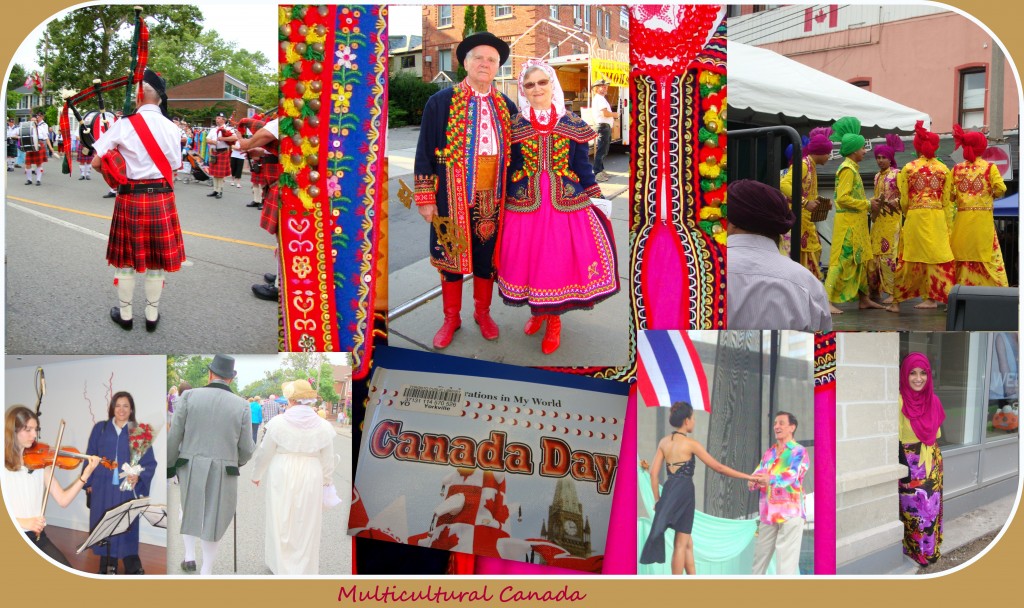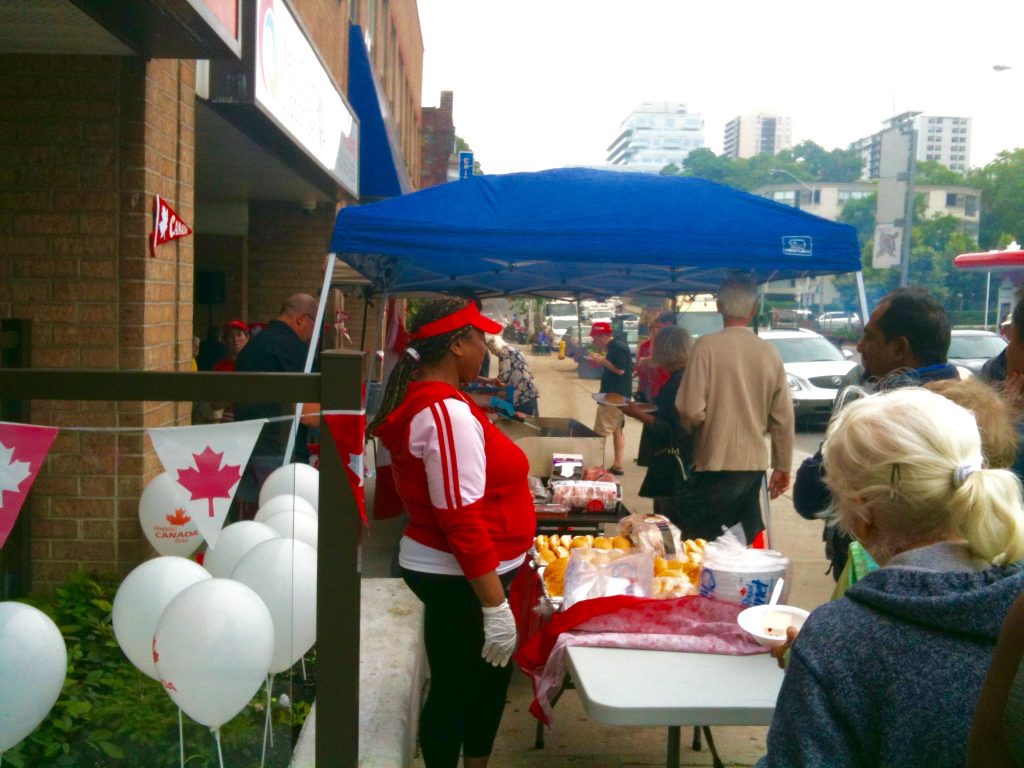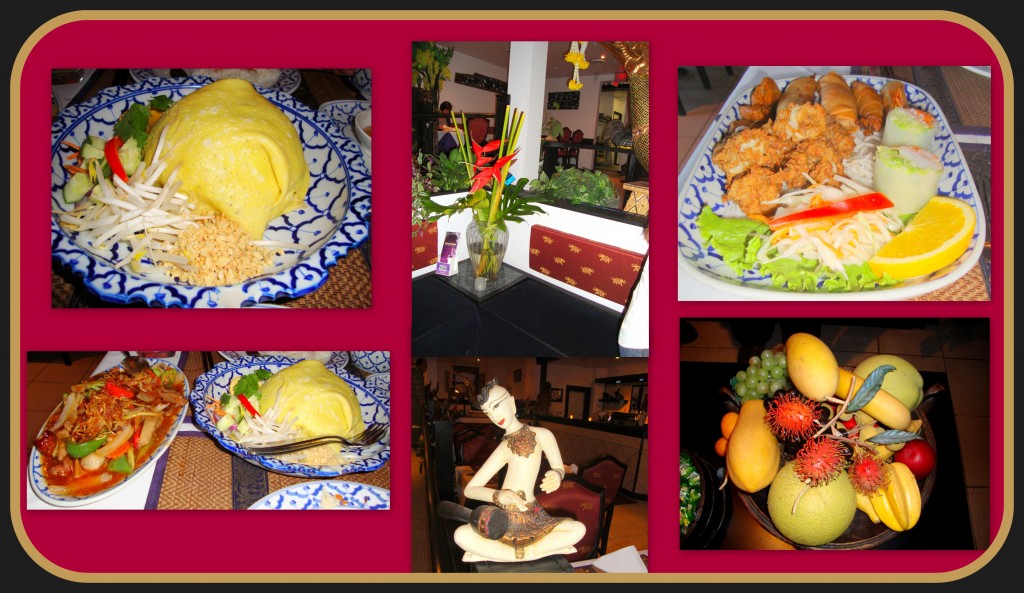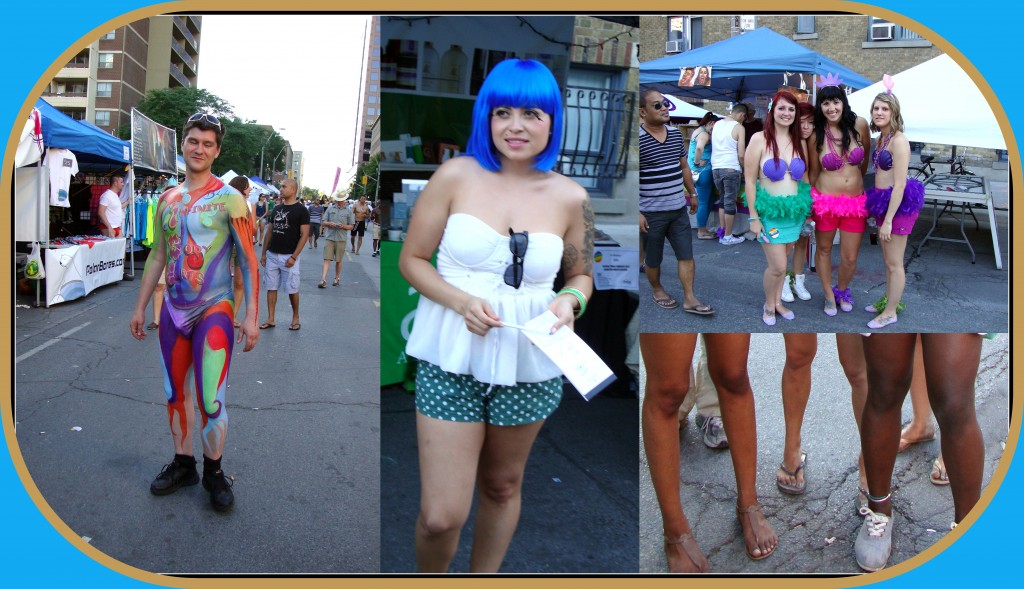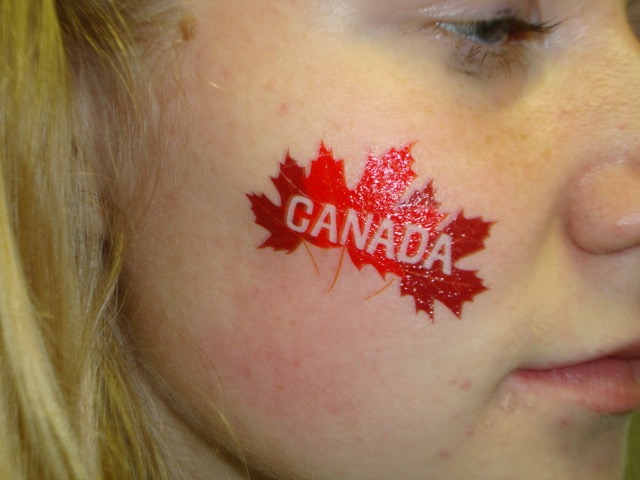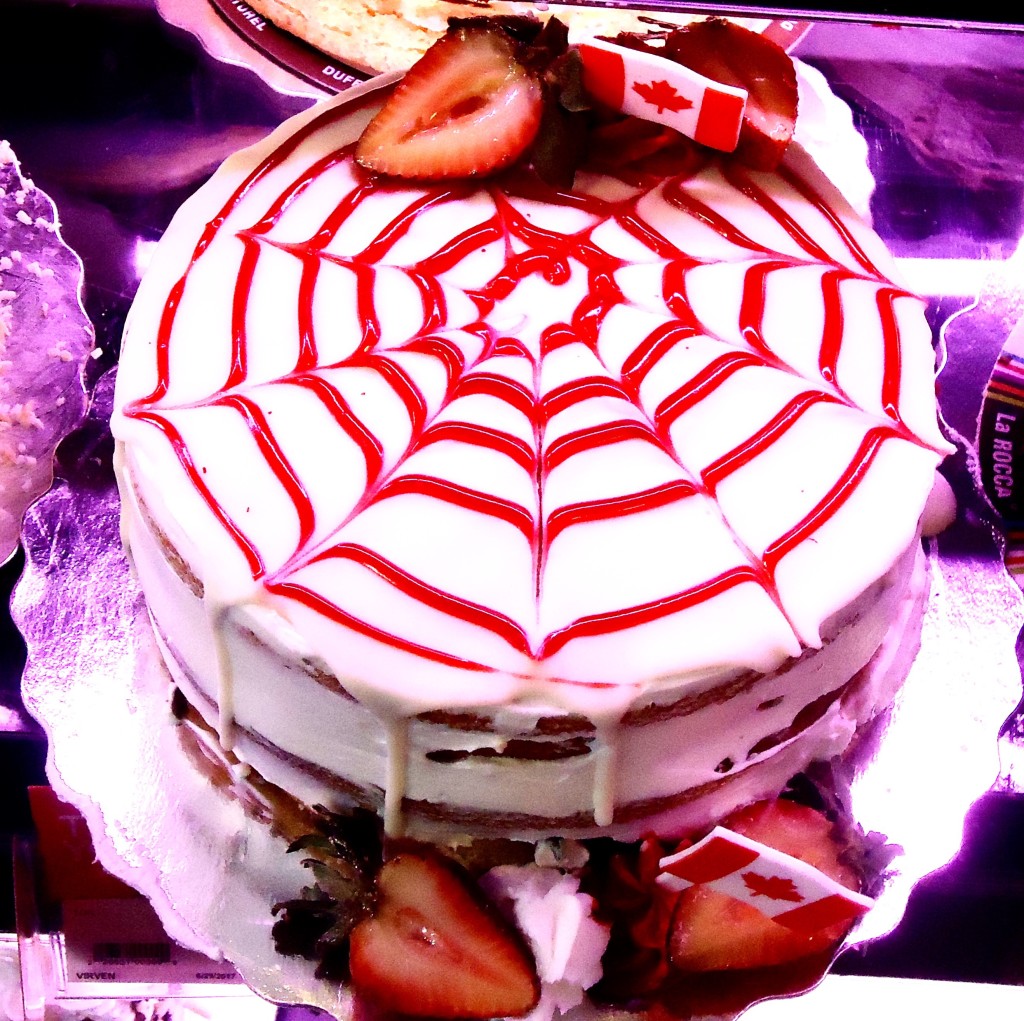
— Buddy Valastro
Canada’s 151st Birthday! It’s a time for all Canadians to celebrate – indigenous people, immigrants, refugees, and those who consider themselves to be truly Canadian. Canada has come a long way since I first arrived here in 1968 and so have I. It’s hard to believe that this country I came to as an immigrant fifty years ago is home. But it is. Countries grow just as people grow and it’s been wonderful to experience some of the many changes over the last 50 years.
It’s interesting that although the name immigrant and refugee create an immediate feeling of “lesser than” in the minds of some, that in some way we all came from some other place. The First Nations people are the only people who can truly say they were here from the beginning.
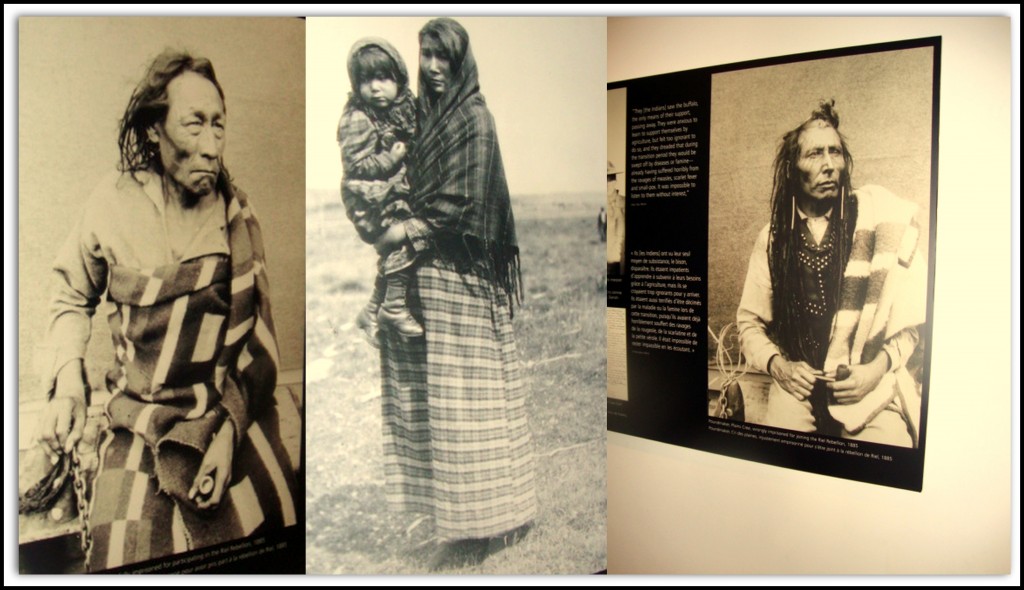
But less than 500 years ago, the only people living in Canada were the Aboriginal people of Canada. “Aboriginal” means the original inhabitants, the people who were here first. The words “Native” or “Indigenous” are also used, and mean the same thing.
Today they all collectively refer to themselves as the First Nations or First Peoples of Canada. However, there are many different cultural groups.
“Indigenous peoples occupied North America for thousands of years before European explorers first arrived on the eastern shores of the continent in the 11th century. These newcomers were Norse explorers and settlers, moving ever-westward from Scandinavia to Iceland and Greenland, and eventually to the island of Newfoundland. There they founded North America’s first European colony at L’Anse aux Meadows. Although this colony was short-lived, it marked the beginning of European exploration and migration that would radically change the lives of North America’s Indigenous peoples.” (aadnc-aandc.gc.ca)
It takes time to adjust and assimilate into a new country and to learn its ways and mores. It took me a long time. When I was a new immigrant, I didn’t think of Canada as “home.” It took many years for this feeling to take place and for deteriorating conditions in my own country of origin to own Canada as home. Every new immigrant comes with the hope for a good future in Canada and comes with the desire to contribute his or her talents, skills, and abilities to this land. They feel that Canada is a good country to live in.
“We have created a society where individual rights and freedoms, compassion and diversity are core to our citizenship. But underlying that idea of Canada is the promise that we all have a chance to build a better life for ourselves and our children. ~ Justin Trudeau
Many well-known Canadians were immigrants to this country. I was reading recently that the first prime-minister of Canada was an immigrant. John MacDonald was born in Scotland and came to Canada with his parents in 1820. He was five years old. Many different kinds of families, from many different backgrounds, make up this cultural mosaic. So, when we think of immigrants, it is only right that we see the broad spectrum. Pierre Trudeau, another former Prime Minister said: “There is no such thing as a model or ideal Canadian. What could be more absurd than the concept of an “all Canadian” boy or girl? A society which emphasizes uniformity is one which creates intolerance and hate.
It’s nice to see Canada’s great tolerance and love for people growing more and more each year. I have been witness to this over the fifty years that I have lived here. Through many government programs and the exposure and openness of the people themselves to other cultures, much positive change has taken place. When I arrived here in 1968, there were very few ethnic restaurants, LGBT people were afraid to be open about their sexuality, and I didn’t know any refugees. I believe this may have been the experience of many others as well. But, the only constant is change and change has come.
“Knowing yourself is not so much about introspection and interaction. To know yourself is to realize that you are more than the little self that has been given to you by your history — the pattern that others made — that your true self is, in truth, much larger and includes other people, other cultures, other species even. That life is less about being and more about interbeing. We come to know ourselves, then, through coming to know each other. And the deeper that knowledge, the richer and more creative the world we build together ”
-Danny Martin, Director of ICRE (International Communities for the Renewal of the Earth)
Many people have been brought together by food here in Canada. In Toronto which is my home, there are falafel shops everywhere. Many people of all races stop at Bathurst subway to buy Jamaican beef patties. Curry and roti, samosas, tacos, burritos, and other fine fare can be bought in many places around the city. People of all races are eating each other’s food. It is not uncommon to go to a party and find hummus and pita, spring rolls, and tabouli on the buffet table.
Everybody has eaten these items and if they haven’t, they are willing to try them. This is the same for all types of food. Ethnic foods can be bought at almost any supermarket. When I came to Canada, this was not the case. Canada’s population has changed its appetite and its buying habits. “Mintel research reveals that 73 per cent of Canadian consumers like to experience other cultures through food, while nearly three in five are more open to trying ethnic foods now than they were a few years ago.” (foodincanada.com)
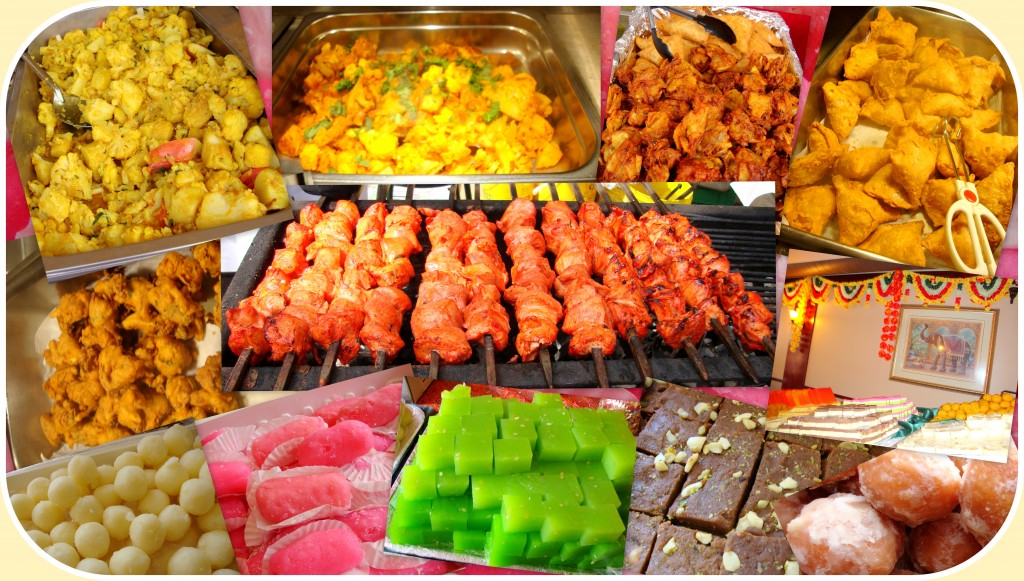
In 1968, when I came to Canada I didn’t even understand the term “gay.” This may have been the same for many others. However, today in Canada, I know many persons who are LGBT and I accept them for who they are. They are my friends and I understand and respect them. They are ordinary human beings like myself. They live, eat, sleep, go to work, and have recreational outlets the same as I have. Many others in Canada have become welcoming to this once closeted group of the human race. Canadians have come a long way.
We are undoubtedly witnessing a social phenomenon, a “sociocultural trend” of substance-a unique, historical process of social change. As individuals, we no longer accept the imposition of life choices by our society and its institutions, be it on our relationships as a couple, our sexuality or on any aspect of our lifestyle. These choices now belong to the individual. Individuals convey this legitimacy to themselves and to others around them. Humanism is on the rise; people are applying it to themselves and to others. (crop.ca)
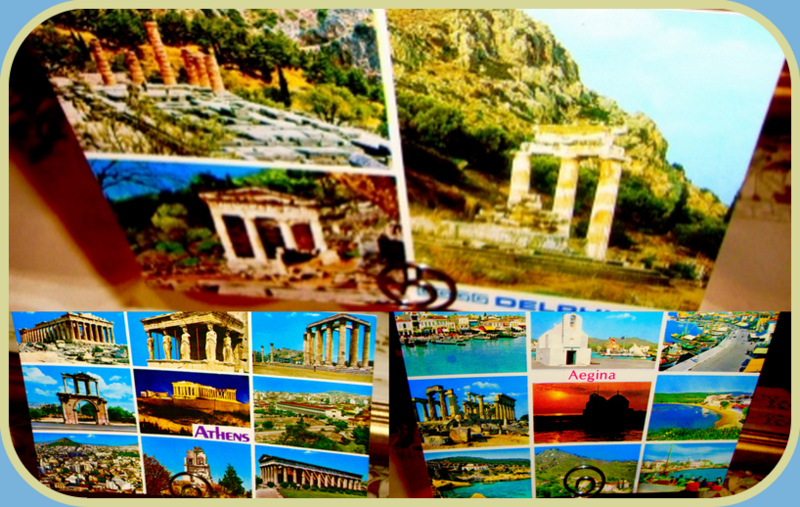
Change has also taken place in acceptance of refugees. I know this is a sore topic for many – especially these days. There was a time in my life when I did not know a single refugee and I actually didn’t understand their plight as much as I do now. Today, I have refugee friends and have been to many of their social events. I have been in classes with refugees. I have heard their stories and I understand them. “Refugees are mothers, fathers, sisters, brothers, children, with the same hopes and ambitions as us—except that a twist of fate has bound their lives to a global refugee crisis on an unprecedented scale.” — Khaled Hosseini
Refugees don’t usually leave their home to go some other place unless conditions are dire. They fear for their lives and those of their children. I’m happy to say that today there are many individuals and organizations in Canada who understand and do their best to settle refugees when they come here. Another big stride forward for Canadians. Our own current Prime Minister was at the airport to meet a planeload of Syrian refugees in December 2015 and these are some words he shared with staff and volunteers there:
“First of all, thank you for being here. And thank you for the gorgeous smiles I see. This is a wonderful night where we get to show not just a planeload of new Canadians what Canada is all about, we get to show the world how to open our hearts and welcome in people who are fleeing extraordinarily difficult situations.
Talk about being welcoming! Thank you Canada for the changes in you and the changes in myself. On this Canada Day, I have no other place to call “home.” I’m proud to have been a part of the positive changes you’ve been experiencing.
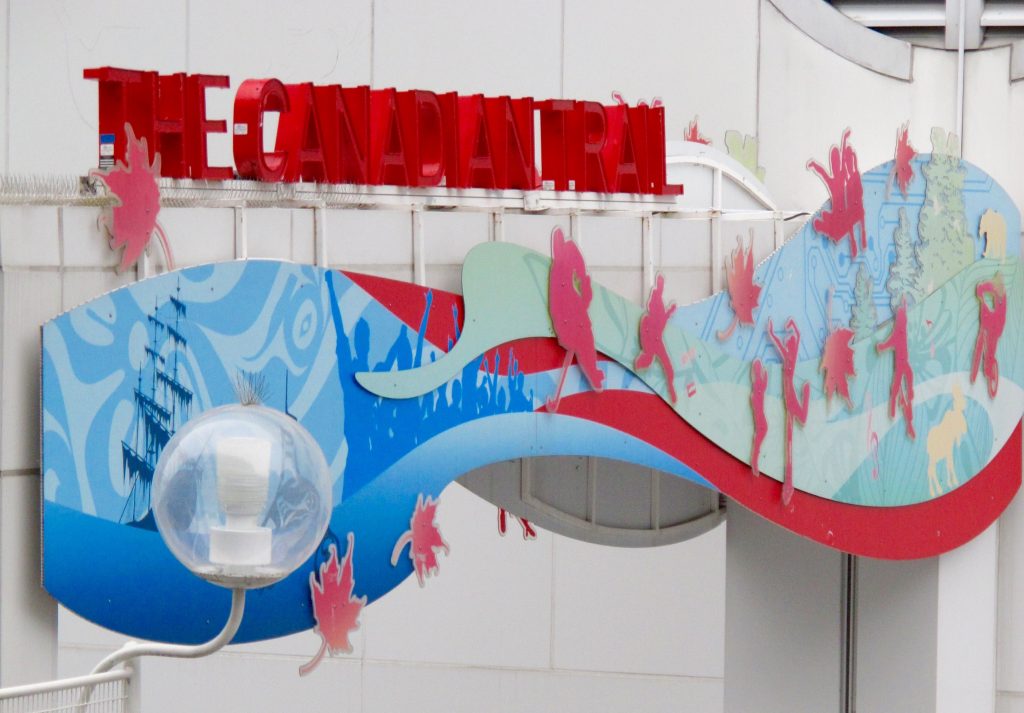
~ Valentyn Moroz

